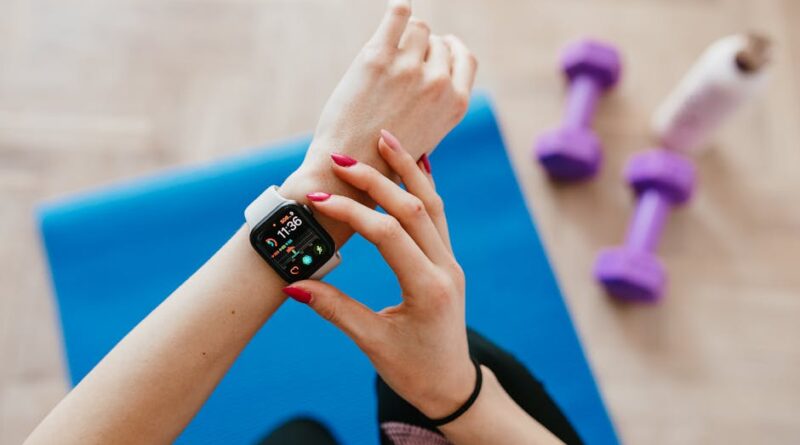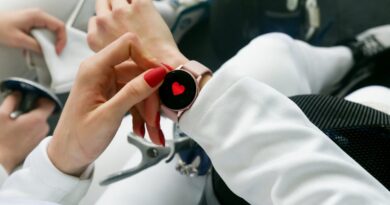Real-Time Health Monitoring: What to Know
Have you ever wondered how your smartphone or smartwatch knows your heart rate? Or how fitness bands track your daily steps? This technology is part of real-time health monitoring, a game-changer in how we take care of our health. In this article, well explore what real-time health monitoring is, why it matters, and how it can help you live a healthier life.
What is Real-Time Health Monitoring?
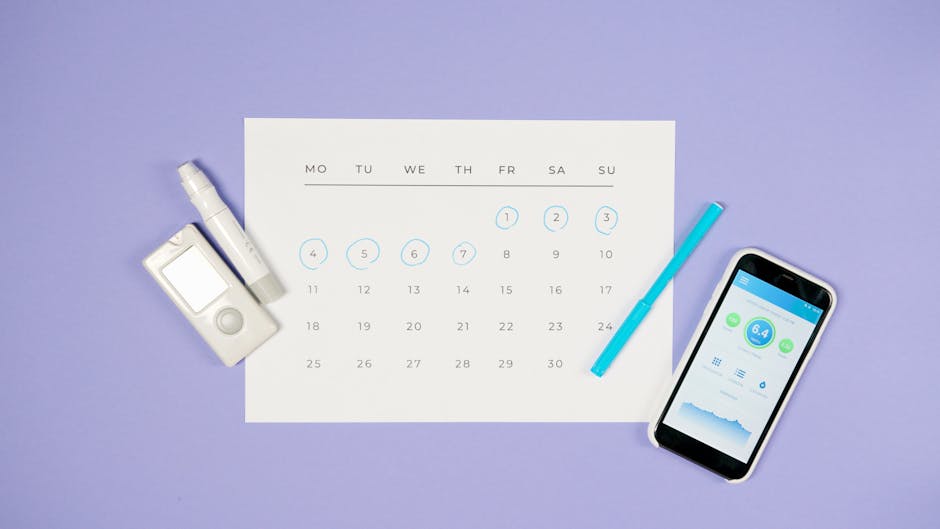
Real-time health monitoring refers to tracking your health data instantly. You wear devices like smartwatches or fitness trackers that collect information about your body and activity. This data updates continuously and gives you insights into your health.
For example, if you’re jogging, your smartwatch can show your heart rate, distance covered, and calories burned in real time. This information helps you understand your body better, allowing you to make healthier choices.
Why is Real-Time Health Monitoring Important?
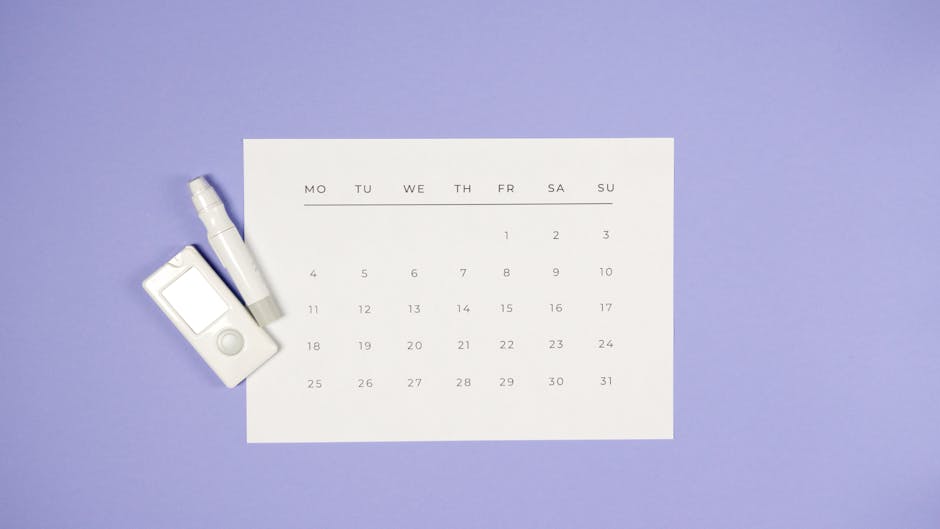
Real-time health monitoring can significantly improve your health. Here are some benefits:
- Early Detection: It can spot potential health issues before they become serious. For instance, devices can alert you if your heart rate is too high.
- Personalized Health Insights: You can see how your body reacts to different activities and foods.
- Motivation: Tracking your progress can motivate you to stay active. Seeing your steps or workouts can inspire you to reach your goals.
In fact, studies show that people who engage in health monitoring are more likely to stick to their health plans.
How Does Real-Time Health Monitoring Work?
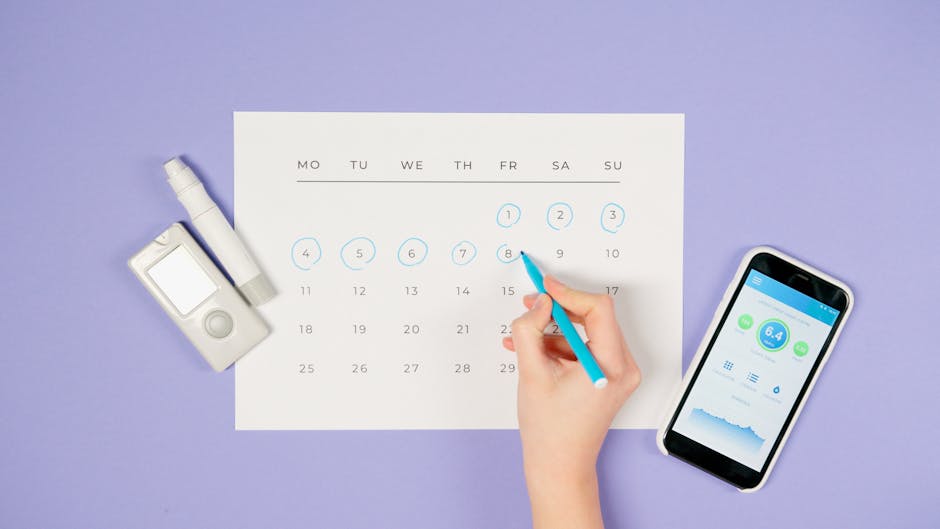
Devices use sensors to gather data about your body. These sensors measure various things like:
- Heart Rate: Monitors how fast your heart beats.
- Activity Level: Tracks movements, such as steps taken or calories burned.
- Sleep Patterns: Records how long and how well you sleep.
Once the data is collected, it’s sent to your smartphone or computer. Here, you can view your stats through an app. For example, apps like Fitbit or Apple Health summarize your data in easy-to-read charts.
What Devices Can You Use for Monitoring?
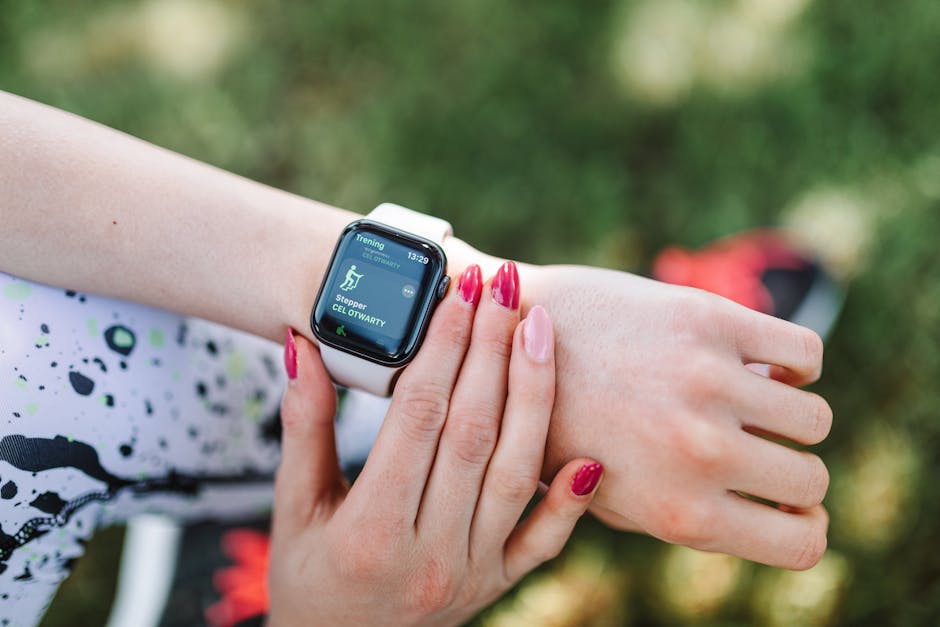
There are many devices available for real-time health monitoring. Here are some popular options:
- Smartwatches: These can track heart rate, GPS, and more. Popular models include the Apple Watch and Samsung Galaxy Watch.
- Fitness Trackers: Devices like Fitbit focus on counting steps and monitoring fitness levels.
- Health Apps: Many smartphones have built-in health tracking features. Apps like MyFitnessPal help monitor diet and exercise.
Choosing the right device can depend on your personal health goals. If you want to focus on fitness, a fitness tracker might be best. If you’re interested in overall health, a smartwatch offers more features.
What Are the Challenges of Real-Time Health Monitoring?
While real-time health monitoring has many benefits, there are some challenges to consider:
- Accuracy: Not all devices are equally accurate. Some might underestimate or overestimate your health data.
- Data Overload: Too much information can be overwhelming. It’s important to know what data matters most to you.
- Privacy Concerns: Sharing health data can raise privacy issues. Make sure you understand how your data is used.
Addressing these challenges is vital for making the most out of your health monitoring experience.
How Can Real-Time Health Monitoring Improve Your Daily Life?
Integrating real-time health monitoring into your daily routine can be easy and rewarding. Here are some practical ways it can help:
- Set Goals: Use your device to set daily or weekly health goals. For instance, aim for 10,000 steps a day.
- Track Progress: Keep an eye on your progress over time. This can help you see what works and what doesnt.
- Stay Accountable: Share your progress with friends or family. Feeling accountable can motivate you to stay on track.
For example, if you notice you’re not hitting your step goals, you might take the stairs instead of the elevator. Small changes can lead to a healthier lifestyle.
Can Real-Time Health Monitoring Help with Chronic Conditions?
Absolutely! People with chronic conditions can benefit significantly from real-time health monitoring. Heres how:
- Diabetes Management: Continuous glucose monitors track blood sugar levels. This helps users make better dietary choices.
- Heart Disease Monitoring: Heart rate monitors can alert patients about irregular heartbeats.
- Respiratory Conditions: Devices can monitor breathing patterns and oxygen levels.
By keeping track of these metrics, individuals can manage their conditions more effectively. They can also share this data with healthcare providers, giving them a clearer picture of the patients health.
What Do Experts Say About Real-Time Health Monitoring?
Experts agree that real-time health monitoring can transform healthcare. Dr. Jane Smith, a renowned cardiologist, states, These devices empower patients. They provide information that can lead to early intervention and better outcomes.
This support from medical professionals shows how valuable these tools can be for both patients and doctors.
How to Get Started with Real-Time Health Monitoring?
Ready to dive into the world of real-time health monitoring? Here are some steps to get you started:
- Choose Your Device: Consider your health goals and pick a device that suits your needs.
- Learn the Features: Familiarize yourself with the devices features. Explore all the functions it offers.
- Create a Routine: Incorporate monitoring into your daily life. Set reminders to check your stats regularly.
Getting accustomed to these tools might take some time, but the benefits are worth it.
What Are Some Common Misconceptions?
Many people have misconceptions about real-time health monitoring. Here are a few:
- it’s Only for Fitness Enthusiasts: While it’s beneficial for athletes, anyone can use health monitoring to improve their well-being.
- Data is Always Accurate: As mentioned earlier, not all devices are precise. Always consult a healthcare professional for serious health concerns.
- It Replaces Medical Advice: Monitoring is a tool to help you understand your health, but it doesnt replace professional medical advice.
Understanding these misconceptions can help you better utilize health monitoring tools.
Conclusion: Embrace Real-Time Health Monitoring
Real-time health monitoring offers exciting opportunities to take control of your health. With the right tools, you can make informed decisions that lead to a healthier lifestyle. Start by exploring the devices available and figuring out what works for you.
Remember, while technology helps, your health is ultimately in your hands. Use these insights to stay informed and proactive about your well-being.
For more information on health technology, check out CDC Health IT.
Embrace the future of health today!
